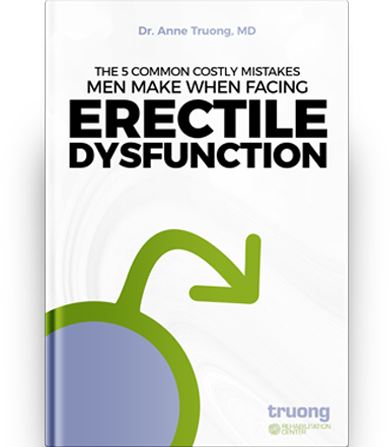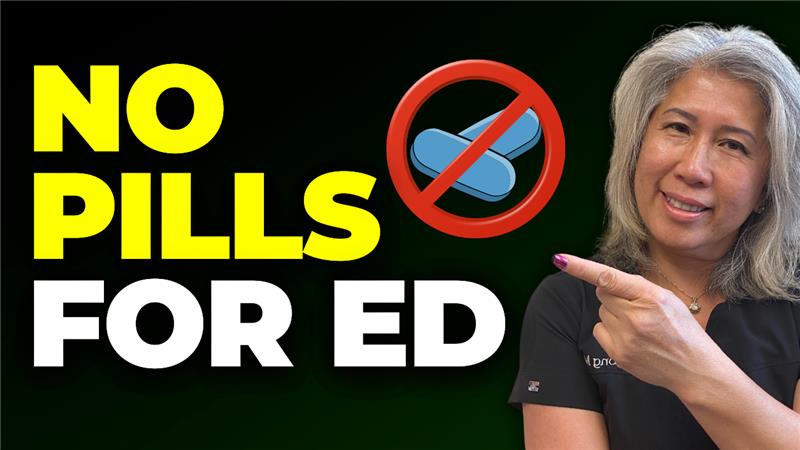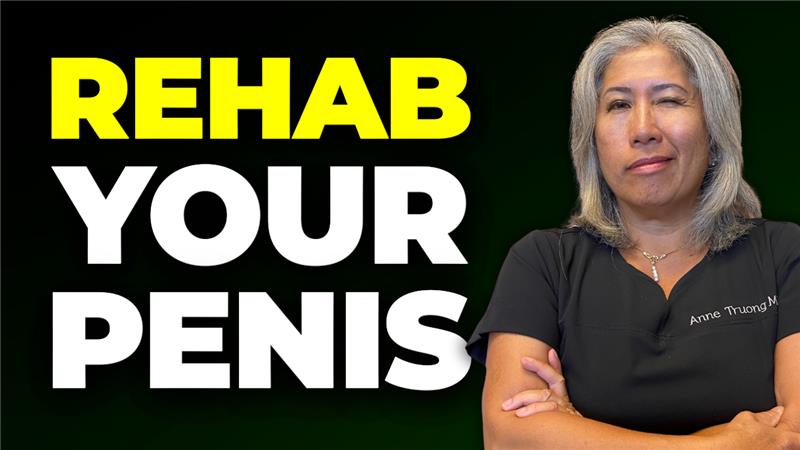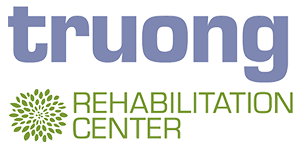Did the title of this article capture your attention? It should. Surgery, no matter how major or minor, is serious business. In this post we want to focus on orthopedic surgery- a procedure performed due to pain, disease, and dysfunction in your muscles, tendons, ligaments, bones, and joints.
Maybe you, or someone you care about, have been told that surgery is necessary. You have followed your doctors’ suggestions and tried physical therapy. You even went beyond that and tried massage, acupuncture, chiropractic, drugs, and other alternative interventions. You have experienced no relief and it now seems all options have been exhausted.
Even then, there are likely several reasons why you would want to avoid a surgical procedure. The thought of being “cut open”, risks associated with anesthesia, and long recovery time are common concerns we hear. You may even personally know someone that has had surgery but has not seen the benefits or have suffered complications because of it.
Perhaps you have read recent research concluding that “a very common surgical procedure on knees showed more long term harm than good.” (1)
There is additional research that shows how many individuals with orthopedic disease that don’t report pain. Moreover, there is research that shows that some report pain and nothing can be found wrong that directly explains the pain. (2) (3)
Yes, maybe you will actually need the surgery. However, is there one more conservative non-surgical alternative that you haven’t tried yet?
What is pain?
Pain is a subjective experience that, at least right now, does not have an objective measurement like temperature, pressure, and distance. Your pain is unique to you and cannot be experienced by anyone else. Pain has a component of quality associated with it. It certainly can have a cause like when you break a bone, cut yourself, tear a muscle, or sprain a ligament. However, sometimes the cause is not so clear-cut.
Every pain situation, just like a person, is unique.
Pain is a word that when you choose to use it to describe a sensation in your body, actually elevates the level of concern you have for the sensation.
Pain is not a thing like a brick, cat, glove, or car. Pain is the brain’s conclusion about all of the information it is receiving and processing from within the body’s moment-to-moment.
If you are considering surgery because you are experiencing a sensation that you choose to use the word pain to describe, then in a sense you are having surgery to remove the pain right?
If you think about it though, pain isn’t a thing to be removed, and a surgeon doesn’t remove pain with a scalpel. They remove the body part that they think is causing the pain. Sure, sometimes this works great but sometimes it doesn’t.
What the surgeon is doing, what the drugs are doing, what the spinal manipulations are doing, is changing, or at least trying to change, the information that the body is producing to see if it will lead to a new conclusion of the brain. Change the information and possibly change the conclusion. This, unfortunately, doesn’t always work.
So what am I proposing? What could be the thing that you haven’t tried yet?
A different approach. A different strategy.
There is… cellular therapy.
What is cellular therapy?
Cellular therapy is a treatment whereas cells of the body (somatic cells) can divide and become differentiated.
When an organism grows, cells specialize, and take specific functions. For instance, mature tissues like skin, muscle, blood, bone, liver, nerves, all have different types of cells. Because cells are not yet differentiated, they can change to become some kind of specialized cells. Organisms also use cells to replace damaged cells.
Your bone marrow and fat have cells. Your blood has healing growth factors in the platelets that heal tissue called Platelets Rich Plasma (PRP). Fat, and bone marrow have the unique capability of becoming other cells
To prepare PRP, the doctor will draw a small blood sample from the patient and spin it at high speed in a centrifuge for about 40 minutes to separate the platelets and growth factors from other blood cells. The cells from bone marrow and fat are then injected into the injured or arthritic joint along with PRP. The PRP causes mild inflammation, which then triggers the healing response. Guided by the platelets in PRP, cells then rebuild damaged tissue and develop new collagen. It is important to note that the regenerative cells need guiding signals from the platelets to do their jobs. There are 2 types of cells in cellular therapy:
Bone Marrow-Derived Cell Injections with PRP
Bone marrow contains regenerative cells called mesenchymal regenerative cells (MSRs) or mesenchymal cells (MSCs). MSCs can turn into bone, cartilage, or muscle tissue, and can be taken from the crest of the patient’s hip bone. Bone marrow cell injections are accompanied by PRP injections at the injury site. Healing begins immediately and generally takes about three months to complete.
Fat Cell-Derived Cell Injections with PRP
The only real difference between fat cell therapy with PRP treatment and its bone marrow counterpart is that in fat cell therapy, the MSCs are usually taken from the patient’s hip or outer thigh fat tissue. The advantage of using MSCs from fat versus MSCs from bone marrow is that the process of collecting fat cells is less invasive than collecting bone marrow and more cells can be harvested in older patients. Bone marrow cells decreased in older patients.
It is stimulation to, and of, the body that changes the information within it. Sometimes those changes are short-term, and sometimes they can be of a longer-term.
Benefits of Cellular Therapy and PRP Treatment
Cell therapy may be capable of repairing tissues that were previously thought to be irreparable, particularly cartilage, bone, and muscle. Cellular therapy is the best treatment for arthritic joint pain from cartilage loss.
The process of using cell therapy is much less painful and invasive than surgery. Bone marrow and fat cell therapy with PRP also carries fewer risks than surgery because the MSCs and PRP are taken from the patient’s body, lowering the risk of rejection or allergic reaction.
Cellular and PRP therapy can be catered and highly specific to your unique body
Your body has a unique history, a unique genetic profile, a unique combination of diseases and dysfunction, all of which confluence towards a unique problem. This requires a unique solution and — a unique treatment.
Truong Rehabilitation Center has a process developed to explore all of this uniqueness. We focus on healing your body to get you back to the life you want to live.
Can you avoid surgery? Maybe. You have to decide if it’s worth some time and effort to explore conservative non-surgical options. We want to give you the answers you hope to hear.
References
- Thorlund, J., et al, Arthroscopic surgery for degenerative knee: systematic review and meta-analysis of benefits and harms, BMJ 2015;350:h2747 doi: 10.1136/bmj.h2747
- Ave Marie, L., Why Most People Are Wrong About Injuries and Pain – SimpliFaster Blog, 12/24/2018
- Brinjikji, W., et al, Systematic Literature Review of Imaging Features of Spinal Degeneration in Asymptomatic Populations, Apr 2015 www.ajnr.org










